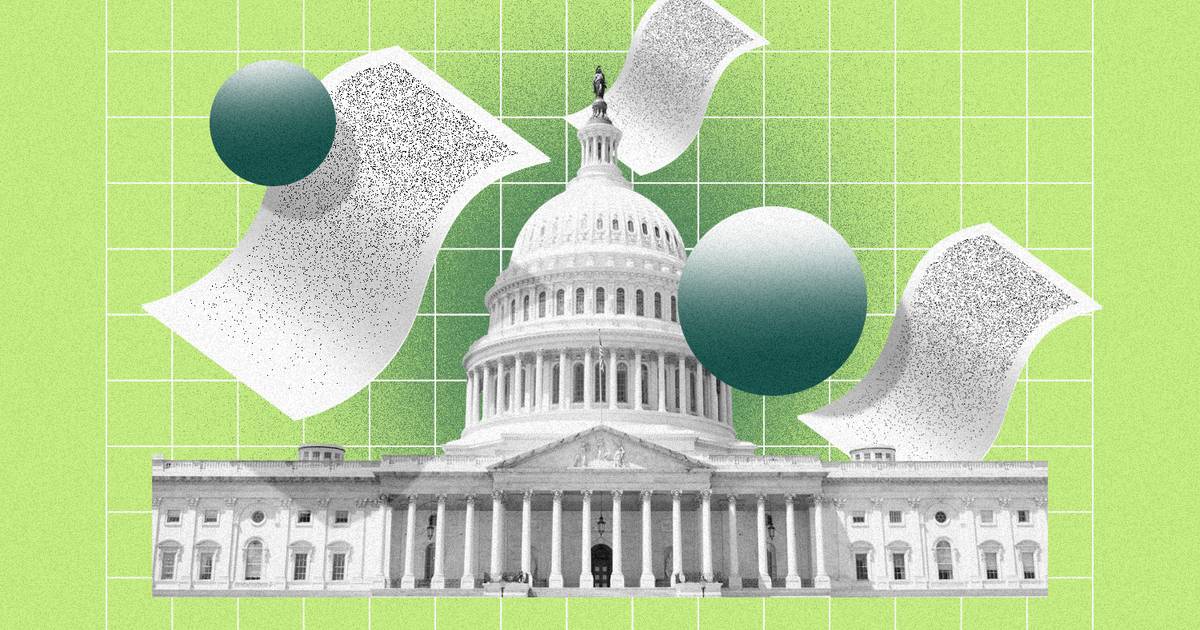
Quick-to-read HR news & insights
From recruiting and retention to company culture and the latest in HR tech, HR Brew delivers up-to-date industry news and tips to help HR pros stay nimble in today’s fast-changing business environment.
New York is the first state to mandate that employers provide paid prenatal leave to their workforces.
The new policy—an amendment to New York’s already existing sick leave provisions in the state’s labor law—was passed as part of Gov. Kathy Hochul’s FY 2025 executive budget bill. It requires all New York State employers to give workers 20 hours of paid prenatal leave annually; the leave may be used for services related to an employee’s pregnancy, such as physical exams or medical procedures.
Paid prenatal leave must be offered in addition to New York’s paid “sick and safe” leave, under which employers must grant workers up to 40 or up to 56 hours of time off per year, depending on their size.
New York employers must comply with the new requirement by Jan. 1, 2025.
Important details for HR managers. Employees covered by this mandate will be entitled to 20 hours of paid prenatal leave once this provision takes effect, and do not have to accrue the time off. The leave may be taken in hourly increments, according to the text of the bill, and should be paid out in hourly installments. Employees who take prenatal leave will be entitled to receive compensation equal to their regular rate of pay, or the applicable minimum wage.
As with sick leave, New York employers are prohibited from discriminating or retaliating against their employees for taking prenatal leave. They cannot ask for confidential health information in order to grant a prenatal leave request, either.
Certain guidance, like details on how employers may request advance notice or documentation for prenatal leave, isn’t addressed in the amendment, but may be covered in regulations adopted by New York’s labor commissioner later on, according to a blog post from attorneys with law firm Gibson Dunn.
Zoom out. In recent years, there has been a push among lawmakers to pass paid family leave laws; while no paid leave law exists at the federal level, 13 states and the District of Columbia currently have them on the books. Just four in 10 (39%) HR professionals surveyed by the Society of Human Resource Management reported their organizations offered paid parental leave as of 2023.
Though these laws focus on time off for parents after the birth of their child, offering paid leave during pregnancy is still not common, though California and Illinois require employers to provide leave for “reproductive loss,” such as miscarriage and stillbirth.
Gov. Hochul previously expressed hope that mandating paid prenatal leave would help improve health outcomes for pregnant people in the state. “We hope what we’re doing in New York will raise the bar for the rest of the nation,” Hochul said in January. “Consistent medical care in the early months makes all the difference.”
